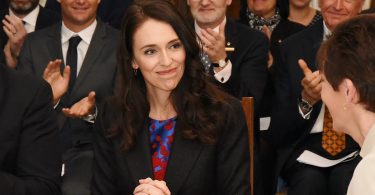Private Turkish broadcaster, NTV, has reported that arrest warrants were issued for 42 journalists on Monday, including one for Nazli Ilicak, a well known commentator and a former parliamentarian who was fired for criticising government ministers whilst working for the pro-government newspaper, Sabah Daily.
Following the failed coup attempt between 15-16th July, Turkish authorities have suspended, detained or placed under investigation 60,000 people including soldiers, teachers, judges, police and other civil servants.
In addition, 2,341 institutions such as private schools, medical centres and unions have been closed under the state of emergency that was declared following the failed coup.
The current state of emergency is in place for three months and allows for rights and freedoms to be restricted, detention of up to 30 days and for parliament to be bypassed when passing new laws.
Gulan
The institutions that have been ordered closed are suspected by Turkish authorities of having links to US Muslim Cleric Fethullah Gulan, who Turkish President Tayyip Erdogan has accused of masterminding the coup. Gulag currently lives in self imposed exile in the United States, although the Turkish government is appealing to the US to extradite the cleric.
Gulan is accused by Erdogan of building a network of supporters in the police, judiciary, military, media, education and civil service, in order to topple the state.
Gulan has denied the allegations, claiming it was masterminded by Erdogan in order justify a tightening of control within Turkey.
Amnesty International has spoken out against the current situation in Turkey, claiming they have credible evidence detainees have been subjected to torture, beatings and rape, something which has been denied by the Turkish Justice Minister.
EU Commission President, Jean-Claude Junker, said on French television that he did not currently believe Turkey was in a position to become part of the EU, and that if, as is being considered, it reintroduces the death penalty, any attempt to join the EU would be immediately halted.
The possibility of Turkey joining the EU and of mass immigration to the UK by Turkish citizens were it to join, was used by the Brexit campaign to encourage people to vote leave in the EU referendum.
Key facts |
|








